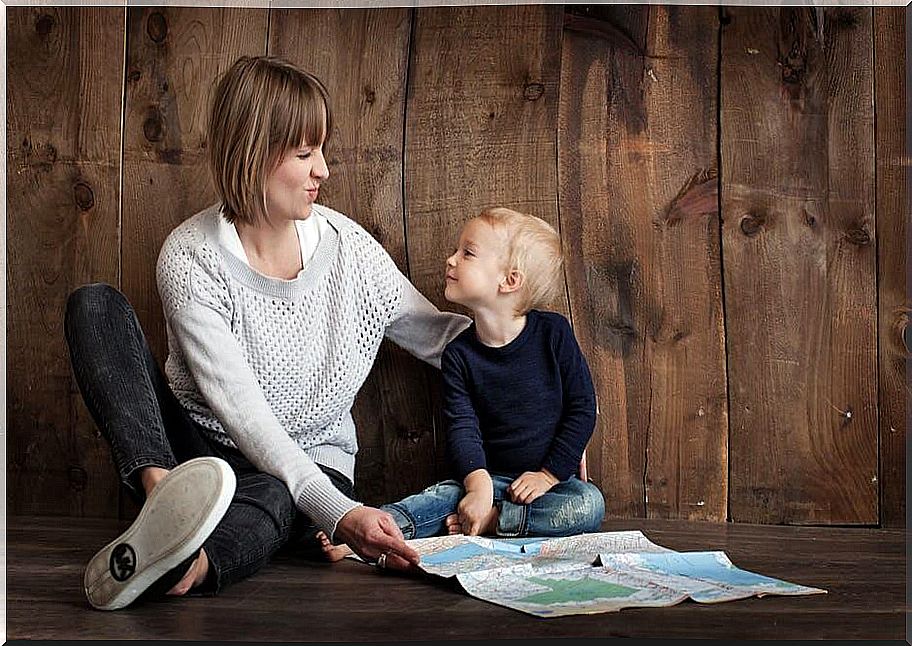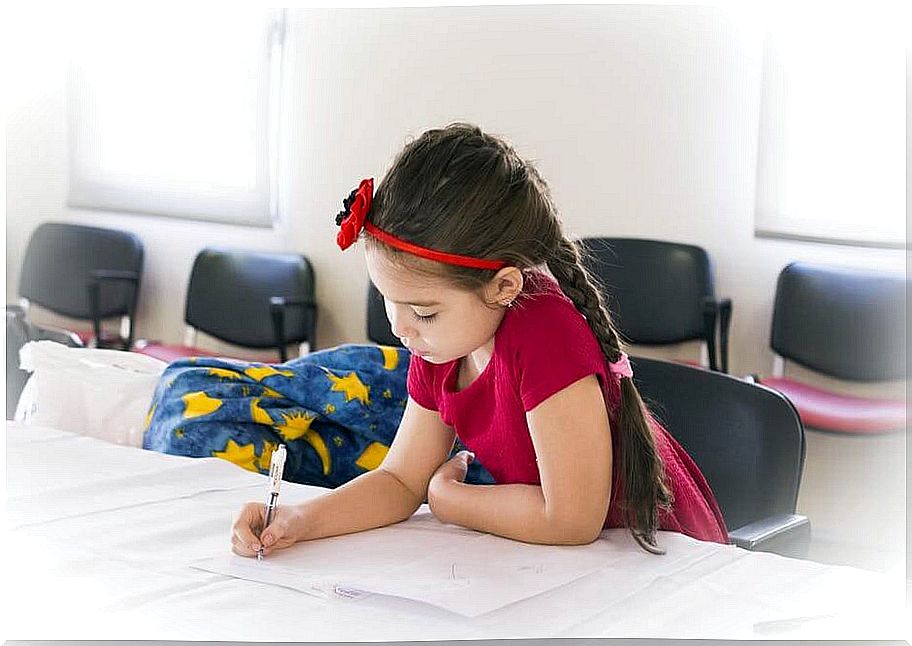Montessori Tips For Your Children To Help Out At Home

Maria Montessori was an important Italian educator, scientist, and philosopher. His pedagogical methods, considered radical for their time, focused on respect for children and confidence in their abilities. Thanks to the advice of this woman, today we know that in the childhood stage children are like sponges: they absorb everything they see, feel and hear.
According to his philosophy, the most important thing for learning is motivation. Knowledge must be perceived and reasoned, not forcibly introduced. The child must learn to love and respect his environment, and thus develop. Unfortunately, these concepts were harshly criticized in their day. Many conservative sectors saw their innovations as a bad thing, since they were very different from what was established.
Fortunately, nowadays Montessori advice is highly appreciated by educational institutions. Many colleges are named after him and use his teachings. But not only his reasoning is used for academic subjects. More and more parents value the way they teach their children to be self-reliant at home.

The behavior of children is the cause of the behavior of parents. If they are taught to judge, they will judge. If they are taught to be ridiculed, they will grow up insecure. On the contrary, if from a young age they are taught to be fair, when they grow up they will be.
So the same goes for everyday tasks. If as children they actively participate in what happens within the home, they will soon learn to be self-sufficient. Each age of the child has its advantages and disadvantages, but they are all positive. What is not learned in one, is learned in the other.
Montessori tips from 2 to 12 years old
At 2-3 years
At that age the child is too young to do most tasks. You can start by taking small steps, such as helping to set the table, learning how to pour water into glasses, or even sweeping small areas. You can also teach him to clean his site after eating and also with the dust of low sites.
At 4-5 years
You can now teach him to do more specific tasks, such as putting silverware or picking up dirty dishes. It is also a good age for them to learn how the vacuum cleaner works and to help organize the purchase. The same for making the bed, watering the plants and feeding your pets.
At 6-7 years
It is the perfect period for you to help make small dishes that are not difficult. Sweeping and unloading the dishwasher are tasks that you are already trained to do. They can also learn to peel potatoes and carrots, pick weeds from the garden, and fold socks.
At 8-9 years
At this age you can scrub without any problem. You can learn how to make coffee or juice, take out the trash, and clean tougher spaces like the refrigerator. It is also a good time for him to know how to get the dishes out of the dishwasher, and if he has a pet, to learn to walk with him alone.
At 10-11 years
At this time you can learn to cook basic things and plan the menu of the day. Learning to mow and sew are activities that they are already trained to do. Others like picking up the mail or vacuuming the carpet can be learned or even in earlier stages.
12 years and older
This last stage of childhood allows children to do more difficult tasks. At this age he can perfectly help to wash the car, prepare easy dishes and clean windows. Also painting a room, as well as learning how to iron and change a light bulb. Of course, this is the perfect time to start caring for younger siblings.

Basically, Montessori advice focuses on one thing: respect your child. Allow him to be wrong and do not torment him for it, because the way to learn is by making mistakes.
Talk to him politely, encourage him to achieve his goals, and don’t ridicule him. Listen to their ideas and problems, and always be patient. If you treat him with love, affection and respect, he will grow strong and with his own personality.
Treat others with kindness, and self-confidence will keep you from sinking when things fail. He will be a diligent person and will know how to live without you, but he will always admire the person who never lost faith in him.










